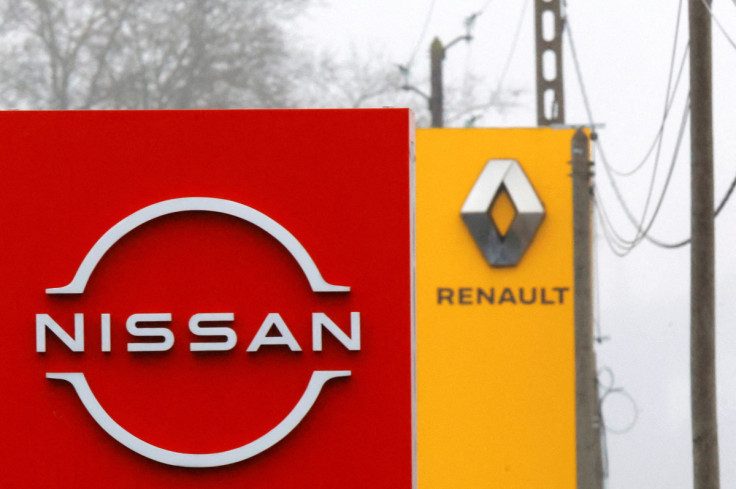Renault, Nissan To Fill In The Blanks On Their Rejiggered Alliance

Nissan and Renault on Monday are set to unveil details of their redesigned alliance and answer questions about Renault's electric vehicle (EV) business and how it will sell off most of its stake in the Japanese carmaker.
The two companies announced a sweeping remake of their two-decade-old automaking alliance last month, which should see the Japanese company invest in Renault's new EV unit Ampere.
That announcement came after nearly four months of intense talks complicated by concerns about the sharing of intellectual property as Renault sought tie-ups with companies outside their alliance.
The deal will see the French carmaker reduce its stake in Nissan to 15% from around 43%.
That will see Renault put around 28% of the Japanese automaker in a French trust, crucially making the two more equal partners.
Renault's board approved the deal on Sunday night, according to a source. Nissan's board is expected to meet early on Monday to approve it.
Investors and analysts will be looking on Monday for more clarity on how the trust will operate.
"There is absolutely no word about what's going to happen to those shares in the trust," said CLSA analyst Christopher Richter. "It seems they're all avoiding the issue of Nissan buying them back which I think would be the best thing for all parties involved."
Richter said Renault's brand is not seen as being a strong brand, so it may be tough for the French carmaker to raise money for Ampere.
"I wonder once this thing goes into the market how much money you would really raise, he said. "That's why I think they're going to push Nissan to pay too much."
The unequal relationship between the two carmakers had long been a source of friction among Nissan executives.
While Renault bailed out Nissan two decades ago, it is the smaller automaker by sales.
The alliance, which also includes junior partner, Mitsubishi Motors Corp, was deeply strained by the ouster of its architect and former chairman, Carlos Ghosn, amid financial scandal.
CLSA's Richter said that the revamped alliance could enable Nissan and Renault to work together on R&D, shared costs and a few shared products "with a little bit less rancor and acrimony between them," but added that Honda and General Motors have built a partnership that includes jointly developing lower-cost EVs together without any need for a capital relationship.
"One almost wonders what's the point of them having any stake in either one, any stake at all," Richter said.
© Copyright Thomson Reuters 2024. All rights reserved.





















